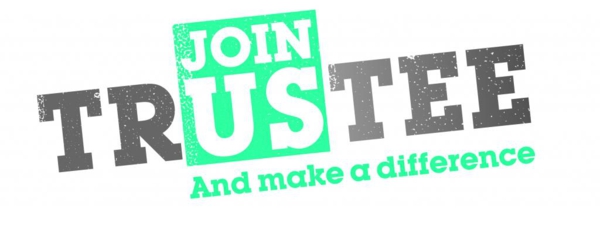The complexities and demands of the role of the trustee should not be underestimated. While it can be a rewarding and respected position, an individual appointed as trustee needs to be confident of their ability to handle the responsibilities placed upon them. Anyone can be appointed as trustee – since types of trust vary from small family inheritance plans, to large company pensions, no two cases are exactly the same – and the skills required to successfully manage a particular scheme may be very specific. As a lay-trustee, there are plenty of ways to become familiar with the landscape of trust management – and ensure you carry out your duties effectively.

What does a trustee do?
First and foremost, scheme trustees are appointed to ensure the aims of the original trust agreement are carried out – and the needs and interests of its beneficiaries are protected. Further to these important duties, the position carries a detailed mandate.
- Scheme trustees are responsible for the legal and administrative tasks required of a trust. This is an important point – violations of law or regulation are attributable to the trustee, who is liable for any fines or penalties incurred. Administrative duties must also be addressed and include accounting, bill payment and establishing inventories of assets.
- The scheme trustee should also be able to identify investment opportunities through which the trust’s assets and the interests of beneficiaries may be promoted. Conversely, the trustee should be able to avoid losses wherever possible.
- Being able to communicate with both beneficiaries and other members of the board is a crucial part of the trustee position. Decisions made by the board must be unanimous, while a comprehensive understanding of the trust agreement is essential to a trustee’s ability to advise and inform beneficiaries.
The trustee must always be able to act impartially and with independence from the company or organisation operating the trust. This distance is important: it ensures decisions are made which do not favour one group of beneficiaries over another – and are in accordance with the trust’s original aims. In contentious situations, trustees’ impartiality may be tested – an understanding of how to resolve problems fairly and in keeping with regulation is essential.
Trustee Training
Trust management may be intimidating to the lay trustee – especially to individuals without financial experience or a familiarity with the landscape. Commitments of work, home or leisure will all have a bearing on an individual’s ability to carry out the tasks assigned to them. Many financial organisations offer guides, advice and training courses, designed to prepare lay-trustees for the demands of the position. Trustee training includes courses, guidance and information on trust administration, how to approach board meetings and how to handle situations where conflicts of interest arise.
The position of scheme trustee is much more than just an administrative role – while an understanding of regulation and law is a necessary prerequisite, an ability to negotiate, communicate and form professional relationships is a hugely important factor. Some trust regulation bodies (like the Pensions Regulator) even impose a code of practice to ensure trustees carry out their duties to a sufficient standard. The best scheme trustees are ones who balance duties to the beneficiaries for whom they work, while guiding their trust past the pitfalls and problems that occur throughout its lifetime.
Words 557
DH 24/10/12
For more information, visit Dalriada Scheme Trustees. Written by Hal Wightman of Pensions Clarity.

